Why is the battery recycling system for new energy vehicles still incomplete? The imperfect recycling system for new energy vehicle batteries is the result of multiple factors such as technological bottlenecks, market mechanisms, policy regulations, and industry chain coordination. Although the industry has initially formed a recycling network, there are still many breakpoints in actual operation, which restrict the efficiency of resource recycling and the achievement of sustainable development goals.
There are significant differences in material formulas and structural designs among batteries of different car manufacturers and models, leading to a lack of unified standards in the dismantling process. The key metal extraction technology is not yet fully mature, and some enterprises still rely on high energy consuming processes such as pyrometallurgy, which not only has limited recovery rates but also generates a large amount of greenhouse gases. The technological bottleneck directly increases the cost of recycling, making it difficult for legitimate enterprises to compete with illegal small workshops.
Due to the lack of mandatory traceability management, a large number of retired batteries have flowed into the black market through informal channels, resulting in legitimate recycling enterprises’ “cooking without rice”. The current recycling revenue is difficult to cover the full life cycle cost, and some companies are reducing costs or even simplifying exhaust gas treatment processes, resulting in secondary pollution.
Although the framework of policies and regulations has been established, there are still loopholes in their implementation. Although the extended producer responsibility system clearly states that car companies need to bear the main responsibility for recycling, the specific details have not yet been fully implemented. The cross departmental collaboration mechanism is not yet perfect, and departments such as industry and information technology, market supervision, etc. have ambiguous rights and responsibilities in standard setting, law enforcement inspections, and other aspects, leaving opportunities for illegal recycling activities.
The lack of synergy in the industrial chain further exacerbates the recycling dilemma. There is a strict data barrier between car manufacturers, battery manufacturers, and recycling companies, making it difficult to share key information such as battery health status and usage history, which affects the safety and economy of hierarchical utilization.
Why is the battery recycling system for new energy vehicles still incomplete? The lack of a benefit sharing mechanism between upstream and downstream enterprises and the lack of motivation for battery manufacturers to optimize their designs have resulted in high technical difficulties and costs in the recycling process.

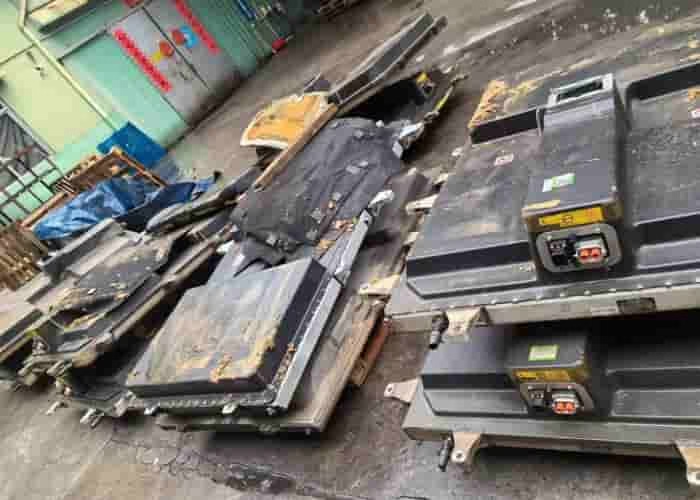
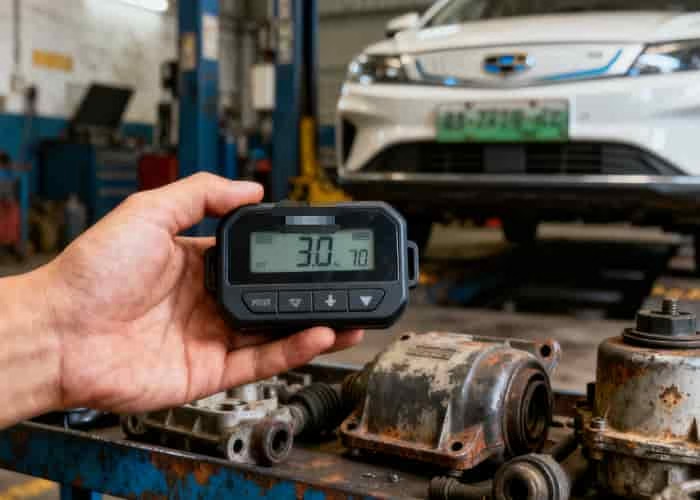
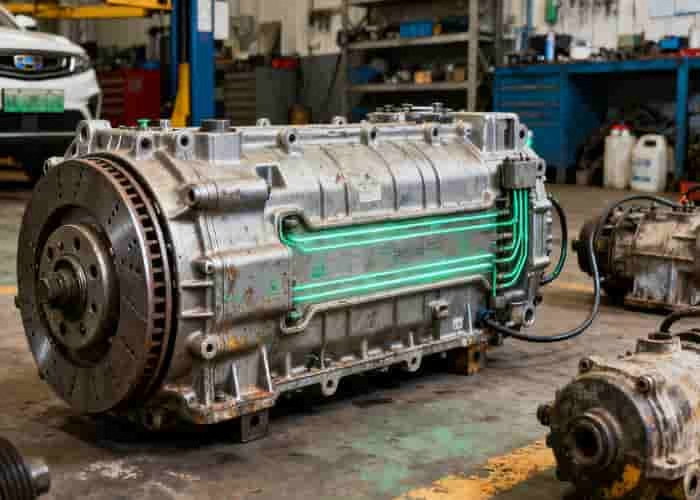
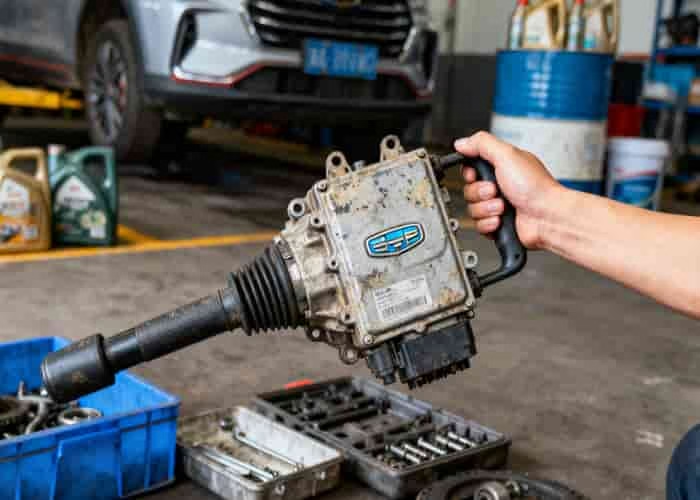

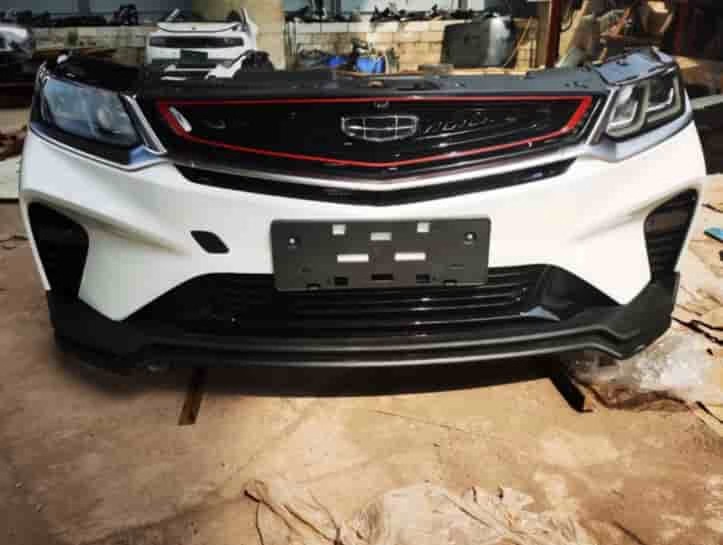
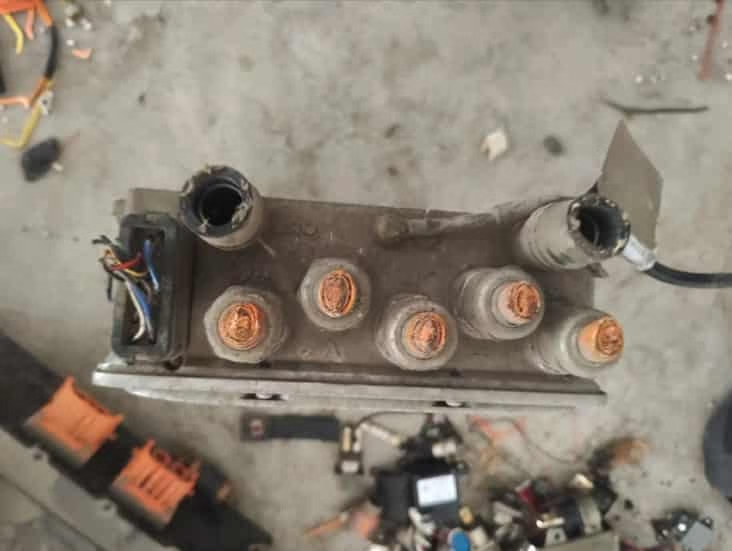
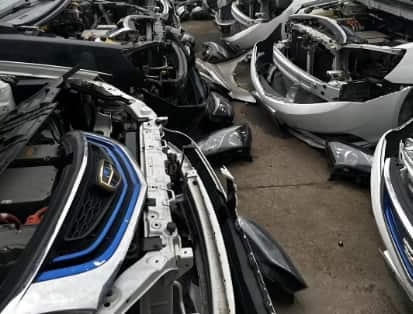
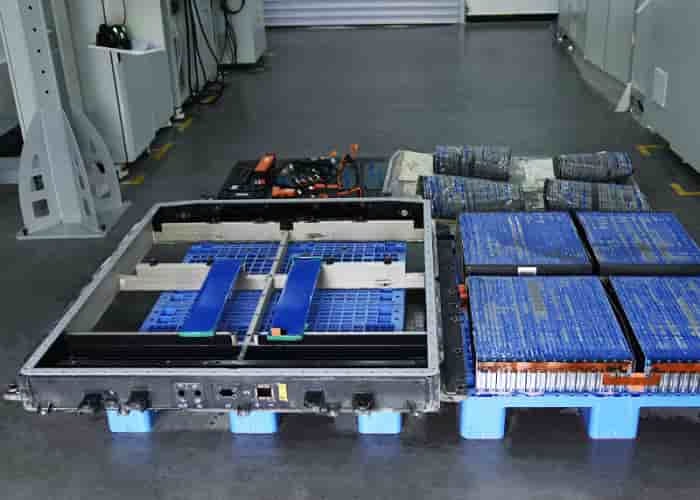
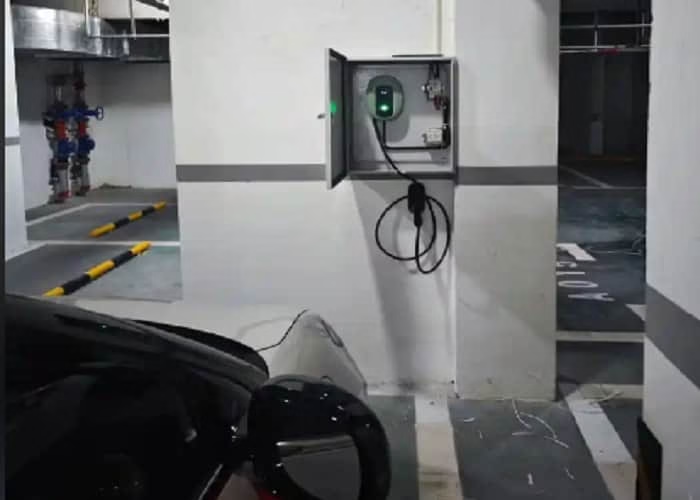

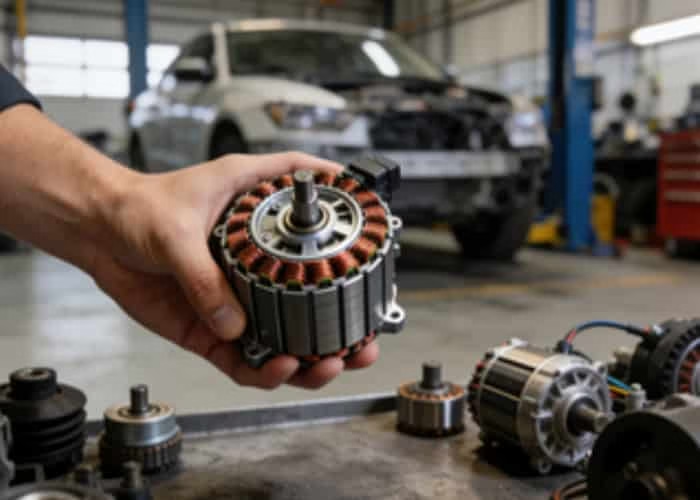
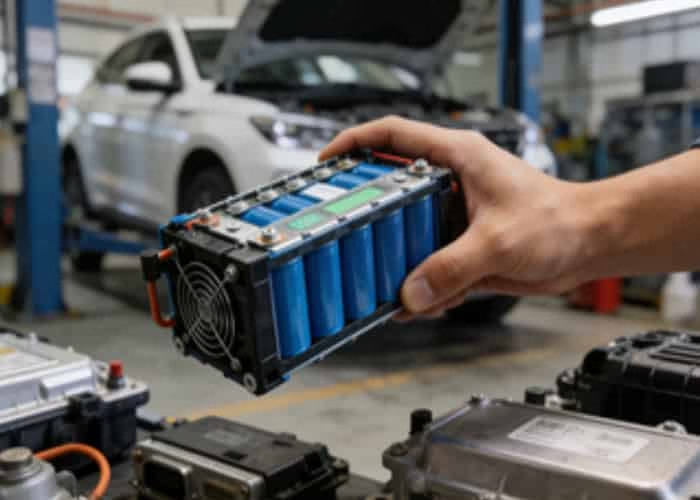
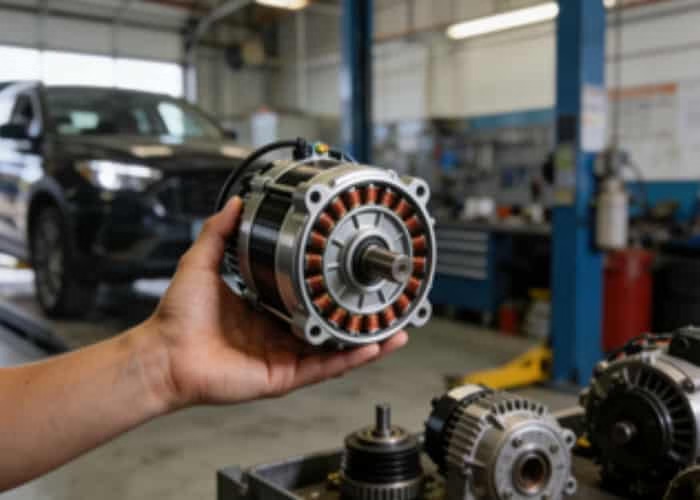

Leave a Reply